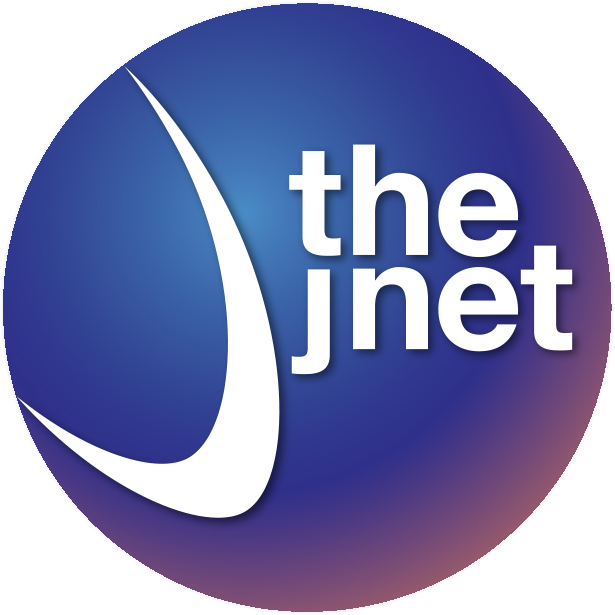Filtering
Internet filtering is a process that blocks access to certain material on the Internet. It can be implemented as exclusion filtering, which prevents access to selected material, or by inclusion filtering, which allows access only to selected material.
Jnet actually offers both solutions, but generally it uses the exclusion, or site blocking, method. Our Whitelist filter level allows users to use an inclusion method, to allow only the sites they want.
Client-based filtering occurs on an individual computer. The filtering software and list of blocked sites are stored on the user’s computer. This was the first type of Internet filtering available to consumers. It is slow, prone to software problems, and difficult to keep current.
A recent Wall Street Journal article stated that pornography is one of the biggest industries on the Internet. It is difficult to estimate how many sites are pornographic in nature, but to date; Jnet has cataloged hundreds of thousands of Internet pages containing pornographic content.
Without filtering, it is extremely easy for a child to access inappropriate material, either unintentionally, or purposefully. In the first scenario, a child submits an innocuous word to a popular search engine, and the results provide links to pornography sites on the first page. Though inadvertently, the child is now within one click of pornographic material. In the second scenario, a child searches using profane or vulgar language and is seconds away from enormous resources of inappropriate material.
Filtering is considered censorship by some, and freedom to choose by others. When a newspaper editor decides to omit a story, it has been censored. When a magazine devoted to cosmetics excludes automobiles, it has been censored or the topic has been selectively omitted. Censorship is making choices about what we see, or allow our families to see. By selecting TheJnet, users are choosing not to view pornography and other inappropriate content.We offer many profiles to choose from, so you can be free to choose kind of content you would like to see and not see
No!
Jnet uses a variety of resources to create a comprehensive list of sites to block. We start with sophisticated computer searches. Then our team of dedicated professionals manually reviews each site in the company’s database. We also buy lists of sites from many outsourced companies. Jnet’s filtering is precise and designed to avoid filtering out legitimate sites.
We believe there is a large segment of the of the Jewish community that has avoided the Internet entirely, and many more that are rightly concerned about using the Internet, because of the ease with which objectionable content can be encountered by them, their family members, or their employees. Jnet provides a safe and reliable connection for finding and enjoying the positive resources on the Internet.
ISP Service
Server-based filtering occurs on a central computer (server) at the Internet Service Provider (ISP). With server-based solutions, a site is blocked before it gets to the user’s computer. It is the most efficient, least costly, and most reliable filtering solution.
In order to get Jnet’s ISP filtering, you need to have your Internet service provided directly by Jnet. You can also get Jnet’s ISP filtering if you get your Internet service from Xchange Telecom.
Jnet provides DSL service in the Greater NYC area, Spring Valley, Monsey, Monroe (Kiryas Joel), and most of NJ. Jnet also provides DSL services in most large cities around the US.
Jnet provides T1 services in qualified locations across the US.
Not a thing! All filtering is done through our facilities and updated daily. There is no software to buy or configure and nothing to manage. Once you are set up with Jnet, you are on your way to worry-free Internet access.
If you have service from Xchange Telecom, you can get Jnet’s ISP filtering on it.
If you have a different provider (FiOS, Cable) or use someone else’s Internet connection, you cannot get Jnet’s ISP filtering. You CAN get Jnet On-the-Go! device-based filtering.
While no filter is 100% foolproof, having your entire internet connection filtered means there is nothing available to tamper with. Therefore, there is no way to turn the filtering off or bypass a site.
Client-based Filtering
Client-based filtering is any filter that is based on the client, or end-user’s device. Such systems will usually forward all requests to an external filtering system, and act based on the responses they get. Other such systems redirect the client’s traffic through a remote filtering system, thus eliminating the back-and-forth traffic between the computer and the filter.
If you have service from Xchange Telecom, you can get Jnet’s ISP filtering on it.
If you have a different provider (FiOS, Cable) or use someone else’s Internet connection, you cannot get Jnet’s ISP filtering. You CAN get Jnet On-the-Go! device-based filtering.
